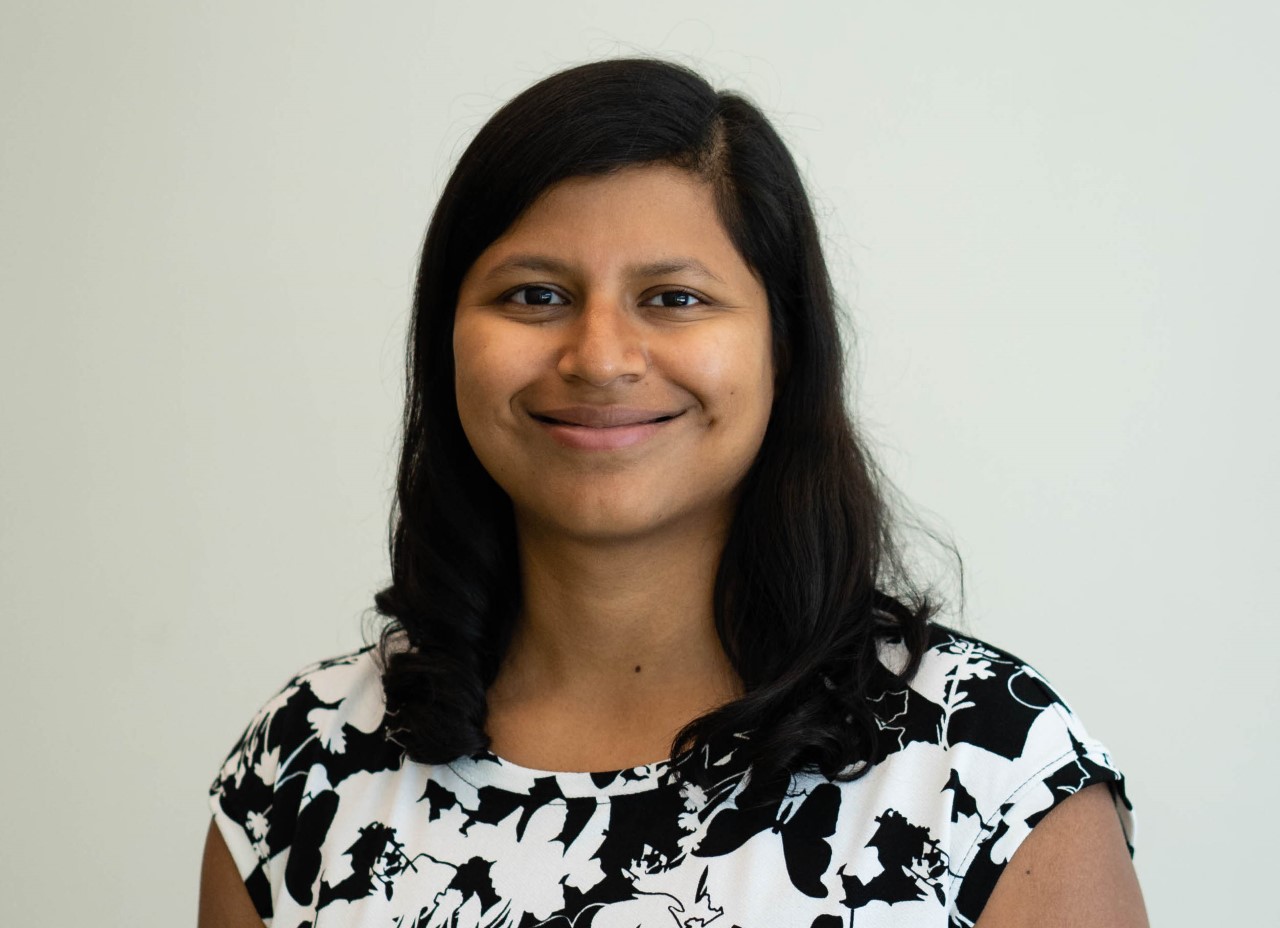
Tejas A. Bouklas, PH.D.
Affiliations
Lecturer, MIMG
Research Interests & Bio
Dr. Tejas Bouklas has a Ph.D. in Biomedical Sciences from Albert Einstein College of Medicine, and has done a postdoctoral fellowship with the Department of Medicine (Division of Infectious Disease) at Stony Brook University. She has an extensive background in microbiology, with training and expertise in fungal pathogenesis. Dr. Bouklas provides experiential learning and mentoring opportunities to her students through several initiatives including HHMI’s SEA-Phages and the Tiny Earth Initiative to student-source antimicrobial discovery in soil. Dr. Bouklas is the recipient of several grants to support her research with students, who have themselves received awards, presented at national conferences, and co-authored papers. She is an American Society of Microbiology Undergraduate Faculty Research Initiative Fellow, and is committed to advancing infectious disease research, and training of the next generation of scientists.
Selected Publications
- Bhattacharya, S., Bouklas, T., Fries, B.C. 2021. Replicative aging in pathogenic fungi. Journal of Fungi. 7(1):6. Special issue: Systemic and emerging mycoses
- Bouklas, T., Munshi, M., Del Poeta, M., Fries, B.C. 2020. Lipid regulation in pathogenic fungi. Analysis of Lipids,Springer. p. 13-19.
- Piccione, D., Mirabelli, S., Minto, N., Bouklas, T. 2019. Difficult but not impossible: In search of an anti-Candida vaccine. Current Tropical Medicine Reports. 6(2):42-49.
- Swede, M.J. and Bouklas, T. 2018. Integrating investigative research into the classroom: Foundational experiences for both science majors and pre-professional healthcare students. Journal of Allied Health. 47(4):300-307.
- Bouklas, T., Alonso-Crisostomo, L., Szekely, T., Diago-Navarro, E., Orner, E.P., Smith. K., Munshi, M.A., Balazsi, G., Del Poeta, M., Fries, B.C. 2017. Generational distribution of a Candida glabrata population: Resilient old cells prevail, while younger cells dominate in the vulnerable host. PLoS Pathogens 13(5):e1006355.
- Jain, N., Bouklas, T., Gupta, A., Varshney, A.K., Orner, E., Fries, B.C. 2016. ALL2, a homologue of ALL1, contributes a distinct role in regulating pH homeostasis in the pathogen, Cryptococcus neoformans. Infection and Immunity.84(2):439-451.
- Bouklas, T., Fries, B.C. 2015. Aging: An emergent phenotypic trait that contributes to the virulence of Cryptococcus neoformans. Future Microbiology. 10(2):191-7.
- Bouklas, T., Fries, B.C. 2014. Aging as an emergent factor that contributes to phenotypic variation in C. neoformans. Fungal Genetics and Biology. 78:59-64.
- Bouklas, T., Pechuan, X., Goldman, D.L., Edelman, B., Bergman, A., Fries, B.C. 2013. Old Cryptococcus neoformans cells contribute to virulence in chronic cryptococcosis. mBio. 4(4):e00455-13.
